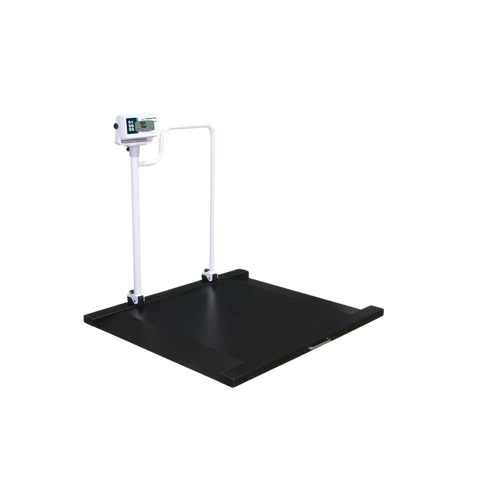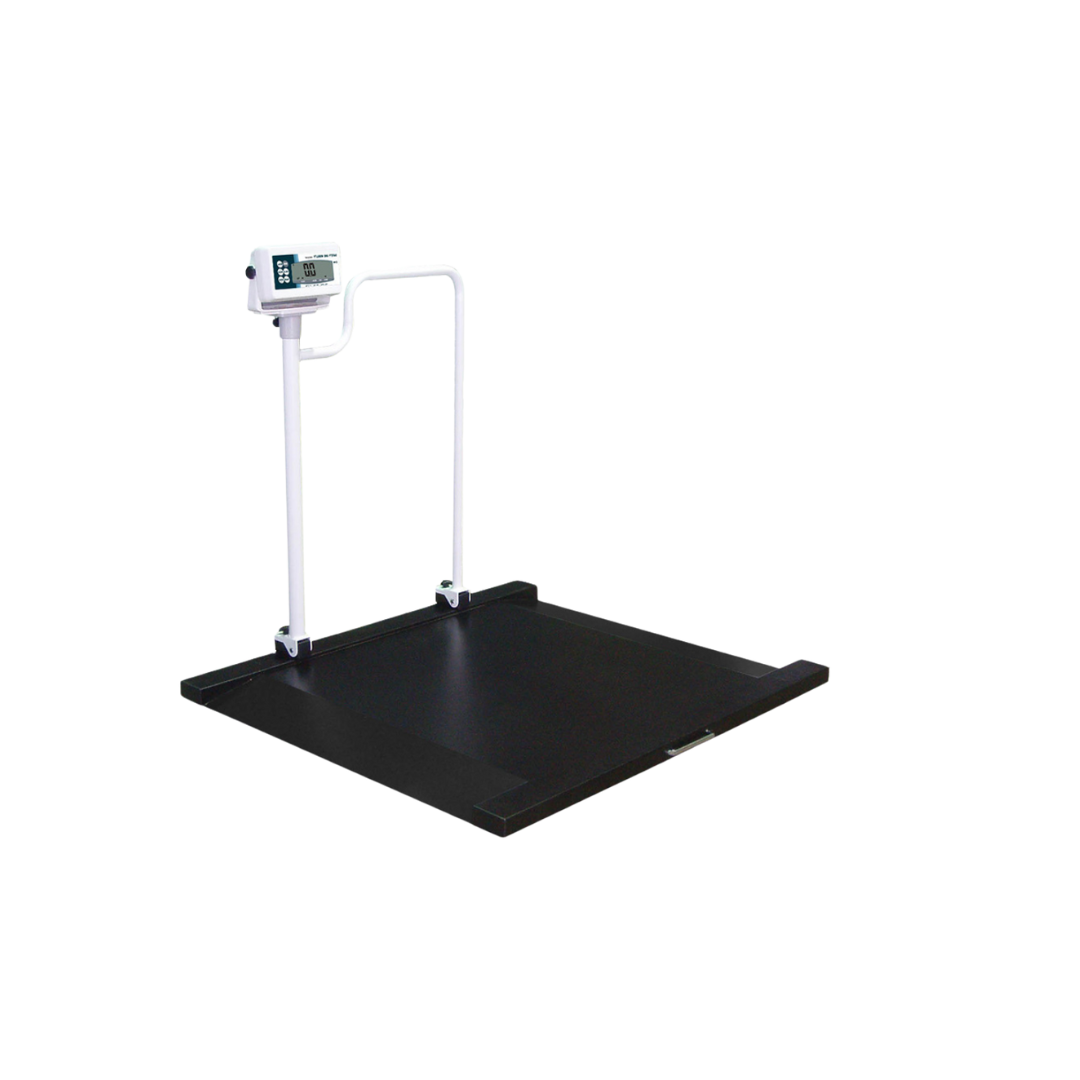Bariatric Scales for Accurate, Safe Weighing
Find the best bariatric scales for home and clinical use. Accurate, heavy-duty scales for people up to 700 lbs. Designed for safety, comfort and precision.
Summary
Bariatric scales are specialised weighing devices designed for individuals with obesity or mobility issues, offering high capacity, wide platforms, and user-friendly features. Used in both healthcare and home settings, these scales support safe monitoring of body weight for treatment planning, medication dosing, and overall health tracking. This guide explores bariatric scale types, features, clinical importance, and how to choose the best model for your needs.
What Are Bariatric Scales?
Bariatric scales are heavy-duty medical or personal scales built to support higher weight capacities, typically 200 to 300 kilograms (up to 700 lbs or more). They are essential in hospitals, aged care homes, and increasingly in private residences due to rising obesity rates in Australia.According to the Australian Institute of Health and Welfare, 67% of Australian adults are overweight or obese, increasing the demand for equipment like bariatric bathroom scales, bed scales, and wheelchair-compatible models.
Common features of bariatric weight scales:
- Extra-large platforms
- Weight capacities from 200–300 kg (440–660 lbs) or more
- Sturdy handrails for support
- Digital displays for clarity
- Options for portable bariatric scale or fixed installations
Clinical Relevance of Bariatric Measurements
Accurate weight tracking is vital in both clinical and home settings. In bariatric care, incorrect or infrequent weighing can impact medication dosing, surgical planning and chronic disease monitoring.Obesity is a major risk factor for Type 2 diabetes, cardiovascular disease, osteoarthritis and sleep apnoea².
Healthcare settings require:
- Bariatric scale with handrail to assist patients with poor balance
- Models rated 500 lbs, 600 lbs or even 700 lbs
- Ability to zero out wheelchairs or beds for net weight readings
Clinical guidelines recommend regular weight monitoring in bariatric surgery, dialysis, aged care and diabetes management programs.
How to Choose the Best Bariatric Scale
When selecting a bariatric digital scale or other type, consider:
✔ Weight Capacity
Most standard scales only support 120–150 kg. Bariatric models range from 200 to over 300 kg (bariatric scale 500 lbs, 600 lbs, 700 lbs).
✔ Accessibility
Look for handrail scales or low-step platforms for those with mobility issues. Ensure the platform is wide and stable.
✔ Environment of Use
- Home use: Compact models like the bariatric home scale
- Clinical: Floor, wheelchair, or bed scales for professional accuracy
✔ Portability
Portable bariatric scales are lightweight, foldable, and battery-operated – ideal for home care visits or community clinics.
✔ Data and Connectivity
Smart bariatric scales can track weight trends and sync with healthcare systems or mobile apps.
Featured Products

Types of Bariatric Scales
Different environments require different configurations. Below are the main types of bariatric scales available in the Australian market:
-
1. Bariatric Bathroom Scales
These are user-friendly and compact enough for home use, yet reinforced for high weight loads.
- Discreet design for everyday weighing
- Low-profile platforms for easier access
- Available as bariatric scales for home use
-
2. Bariatric Bed Scales
Used in hospitals and aged care, these scales weigh patients while lying in bed. Essential for non-ambulatory users.
- Pressure-sensitive pads or load cells
- No patient transfer required
- Common in ICUs and bariatric wards
-
3. Wheelchair Bariatric Scales
Designed with ramps and low incline, allowing wheel-in weighing.
- Non-slip platforms
- Often equipped with handrails
- Ideal for hospitals, clinics and mobility-impaired users
-
4. Digital and Smart Bariatric Scales
Modern bariatric smart scales offer Bluetooth, cloud connectivity and body composition analysis.
- Ideal for telehealth and remote monitoring
- Some models sync with fitness or health apps
- Options include digital bariatric scale and bariatric smart scale
Maintaining and Calibrating Bariatric Scales
To ensure continued accuracy:
- Calibrate regularly using certified weights
- Clean platforms with mild disinfectants
- Check battery life or power cords on digital models
- Store portable scales safely to avoid damage
Conclusion
As obesity rates rise, having access to high-capacity, medically accurate bariatric scales becomes more critical—both in clinical and home environments. With models ranging from bariatric home scales to wheelchair scales and bed-based units, there’s a solution for every setting and patient need.From improved safety to accurate treatment planning, bariatric weighing equipment offers dignity and precision for people of all body sizes.
Looking for a reliable bariatric scale for home or clinic use?
Explore our full range of high-capacity bariatric scales today—featuring digital displays, safety handrails, and trusted brands.
📞 Call 1300 615 193 or order online at our website.

